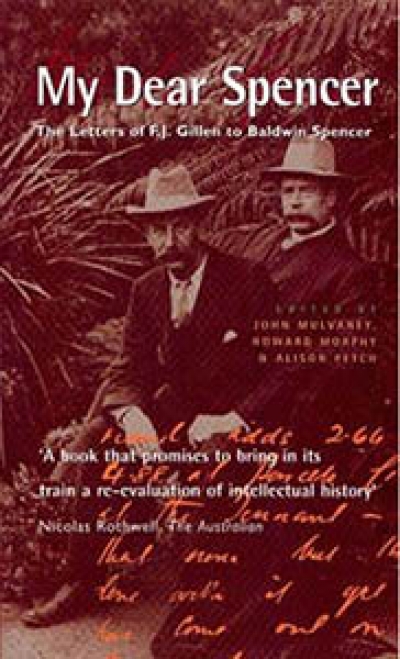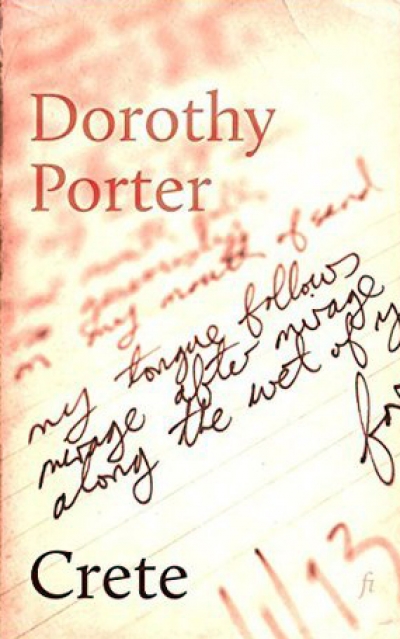When Baldwin Spencer, the eminent Professor of Biology at Melbourne University, arrived in Alice Springs in 1894 as a member of the Horn party, the first scientific expedition to Central Australia, he knew very little anthropology. Edward Stirling, South Australia’s Museum Director who would write their chapter on anthropology, was not much better off. The man who was in the know was the man on the ground: Frank Gillen, the local Telegraph Officer, Magistrate, and sub-Protector of Aborigines. A genial, curious, open-minded fellow of Irish Catholic faith, Gillen had been in the region for nearly twenty years.
...
(read more)





